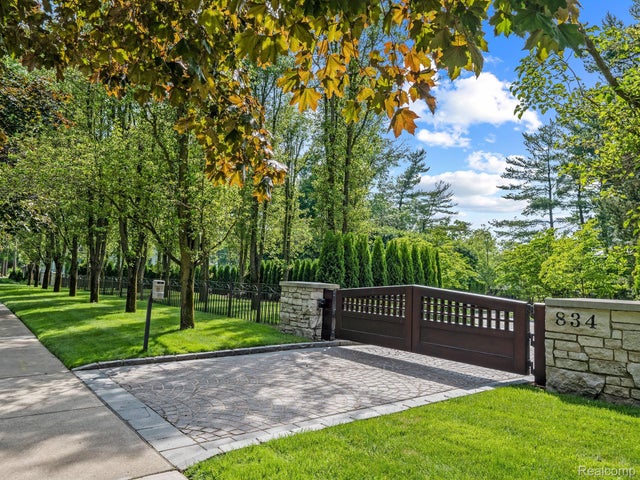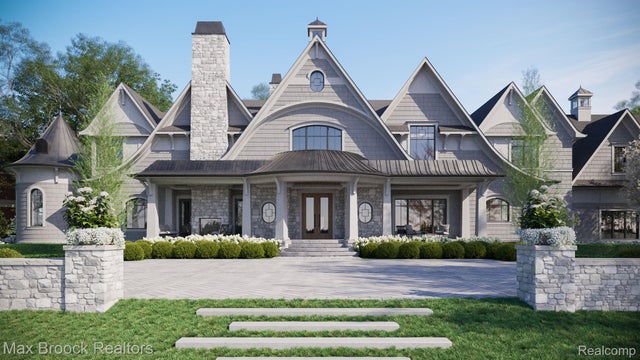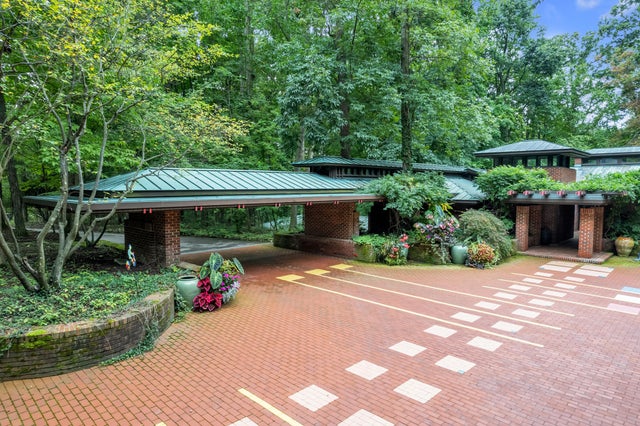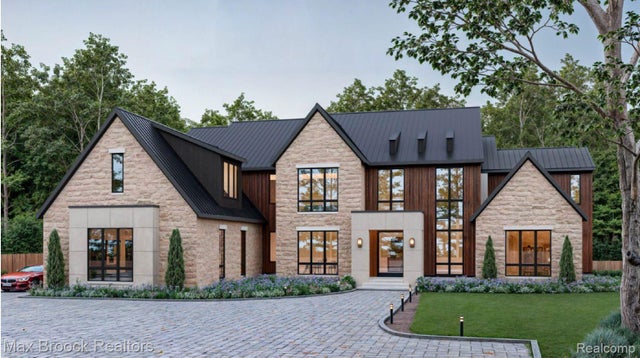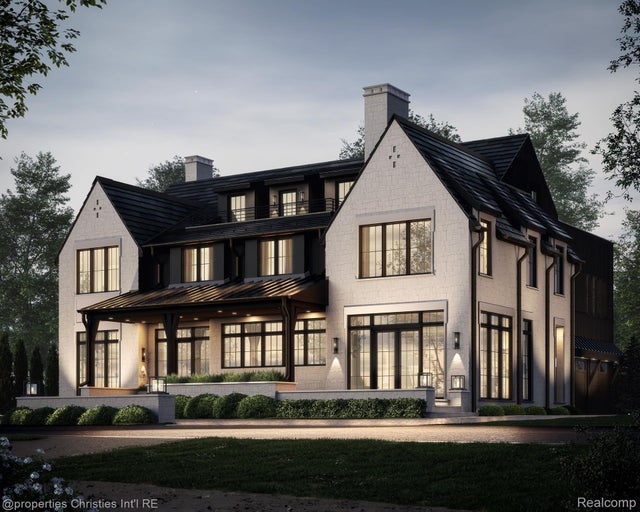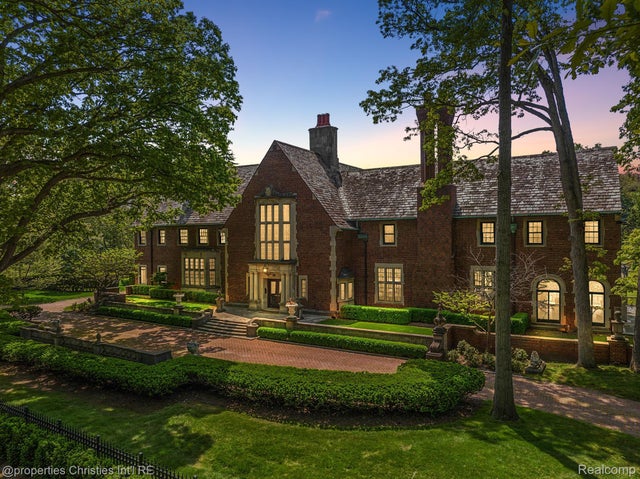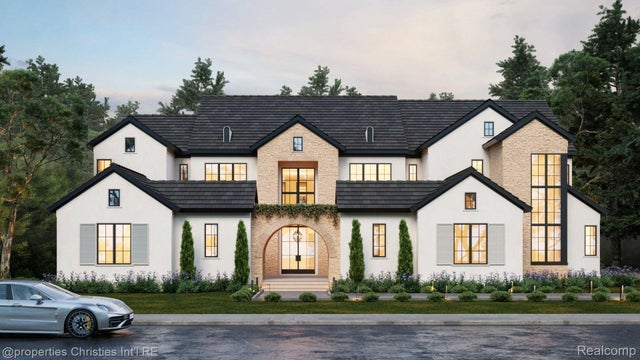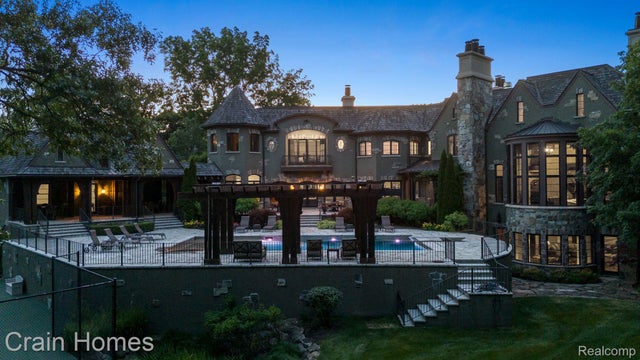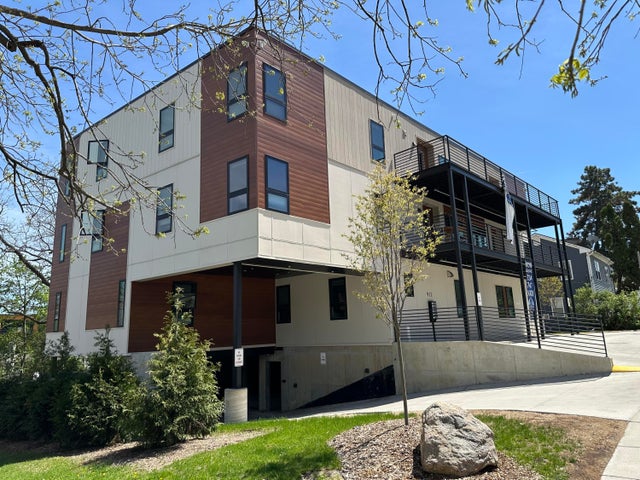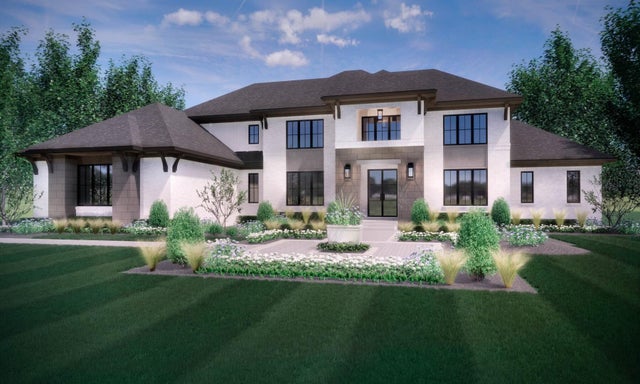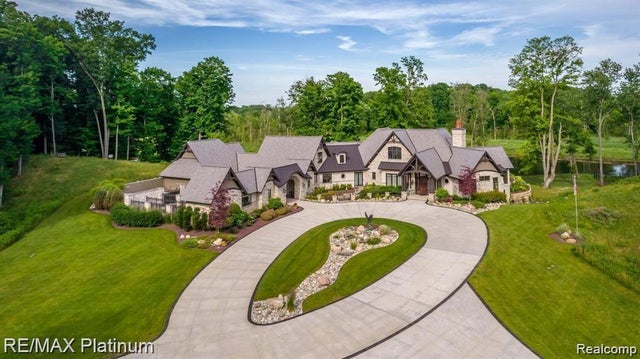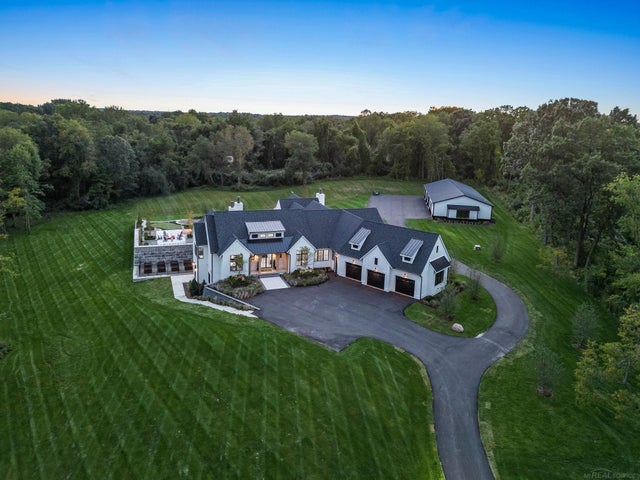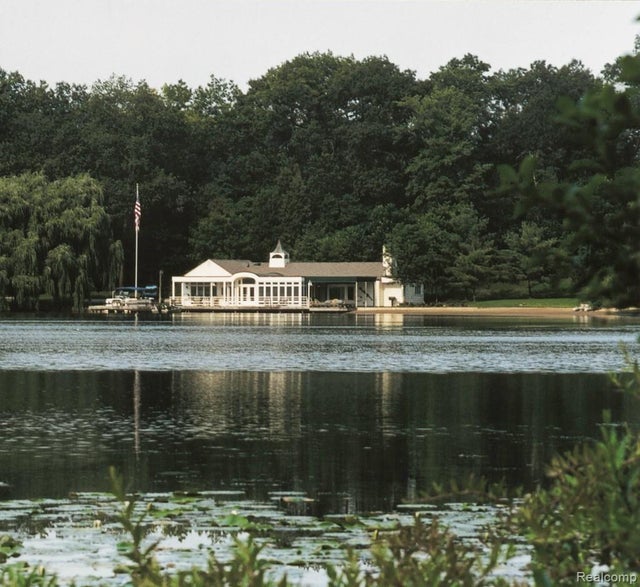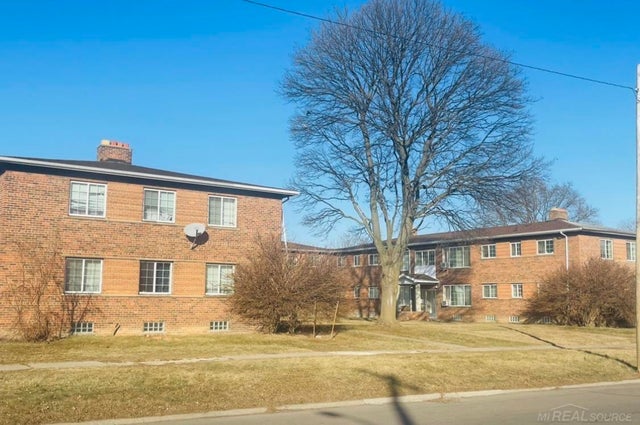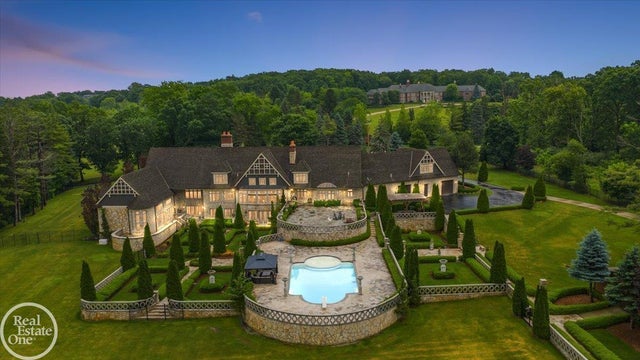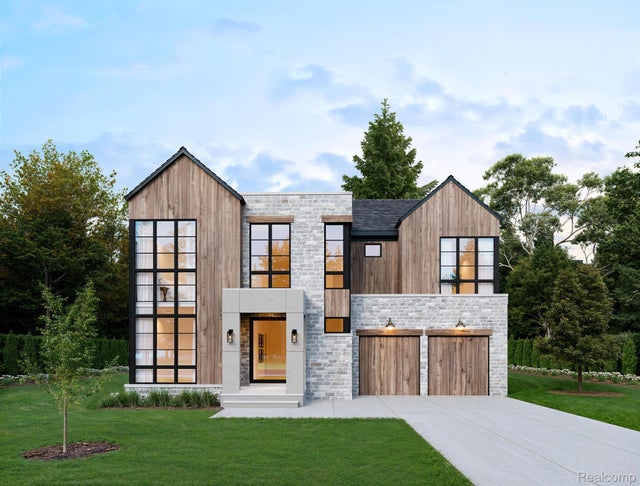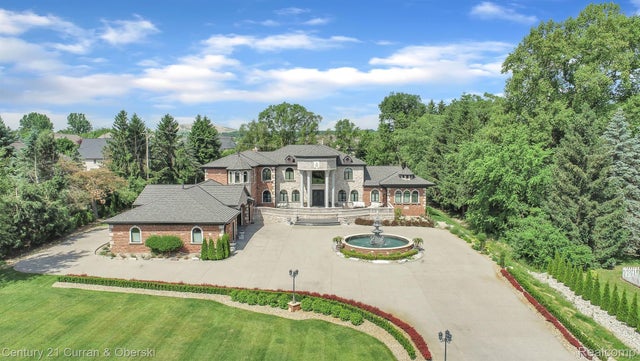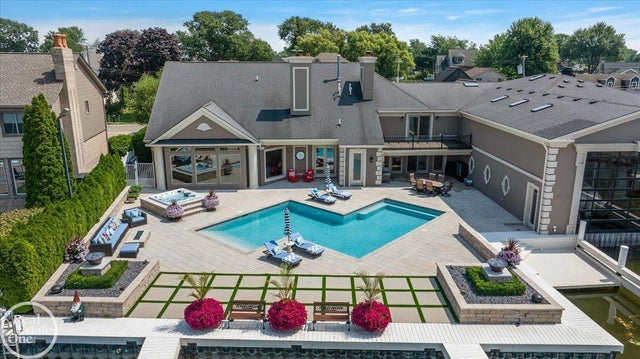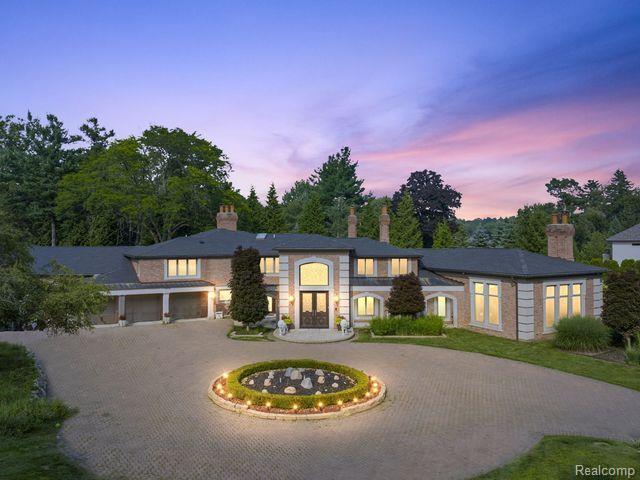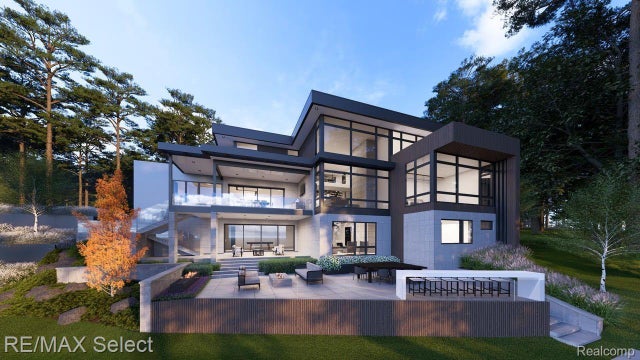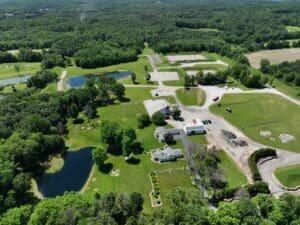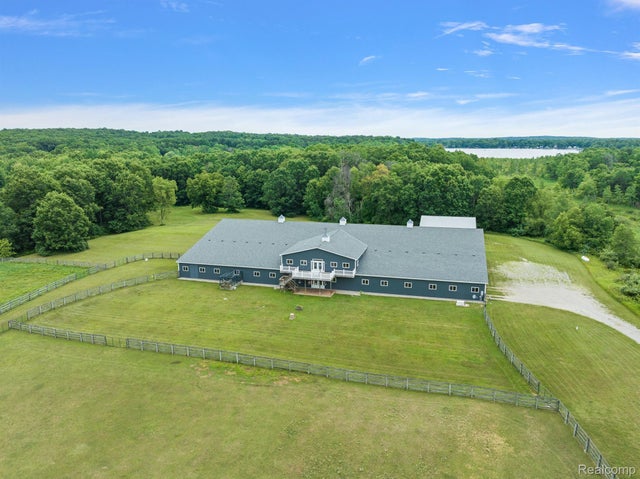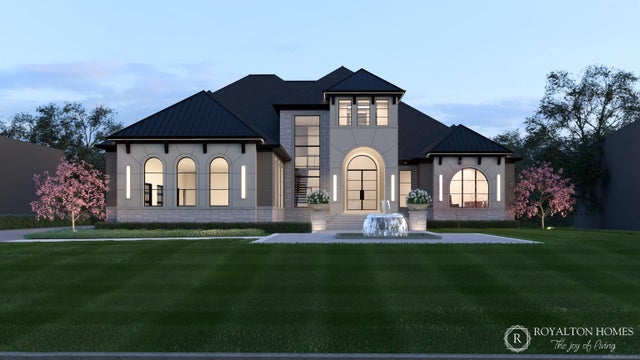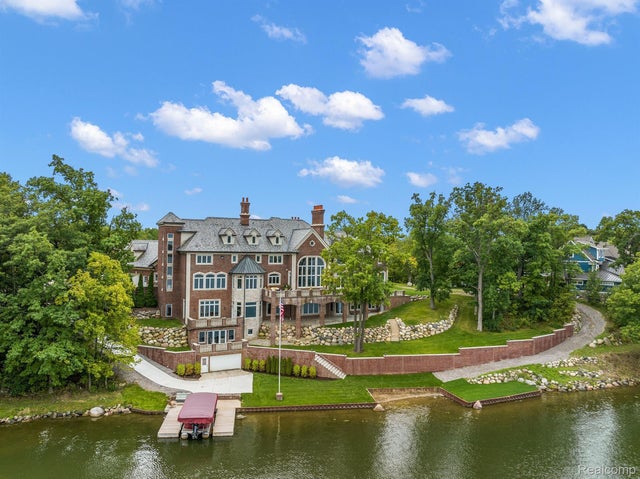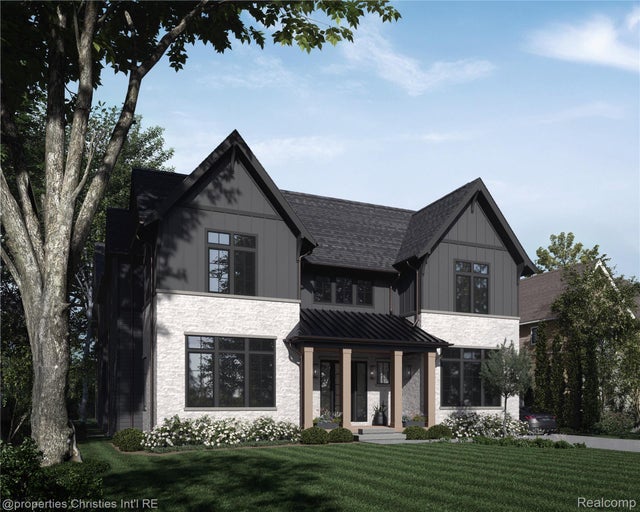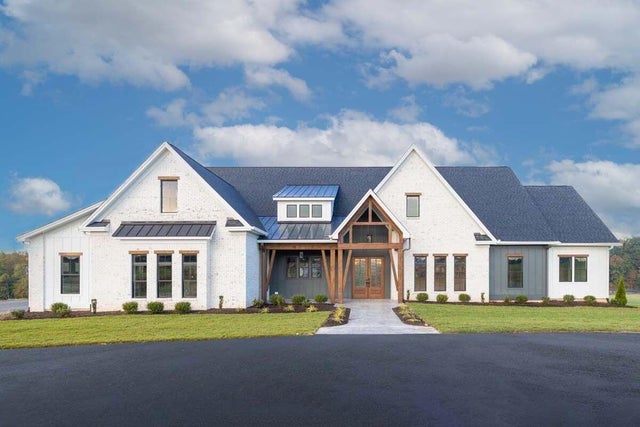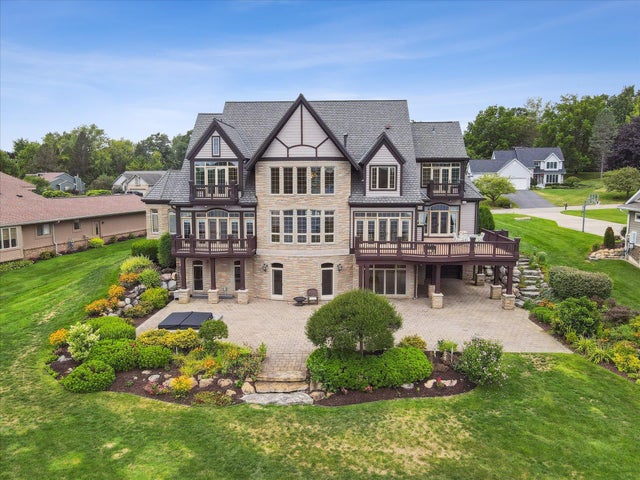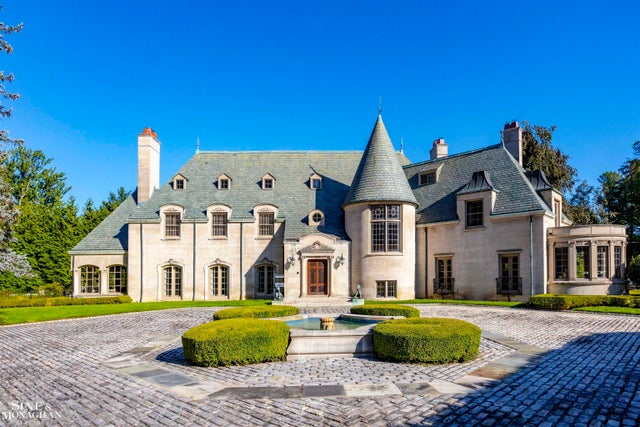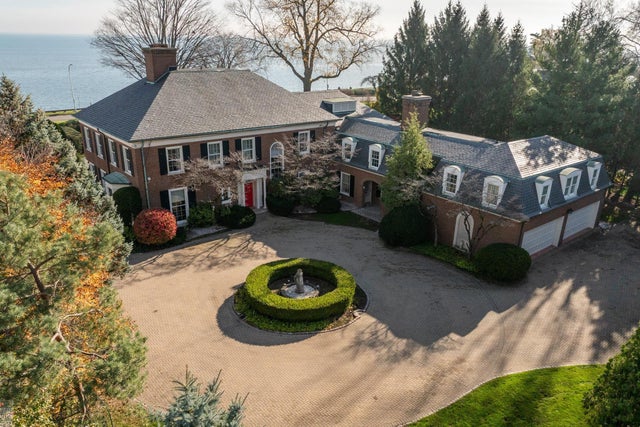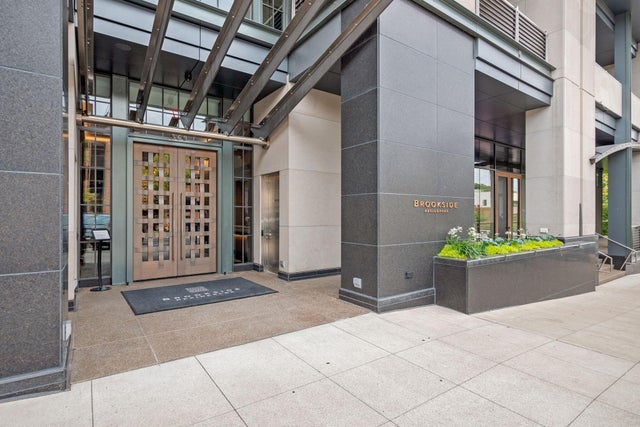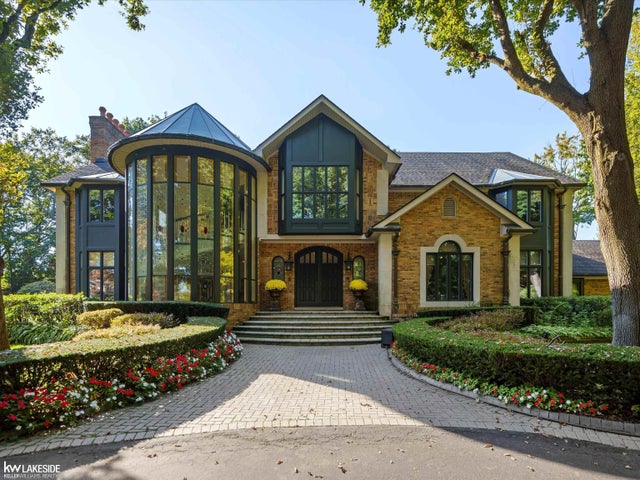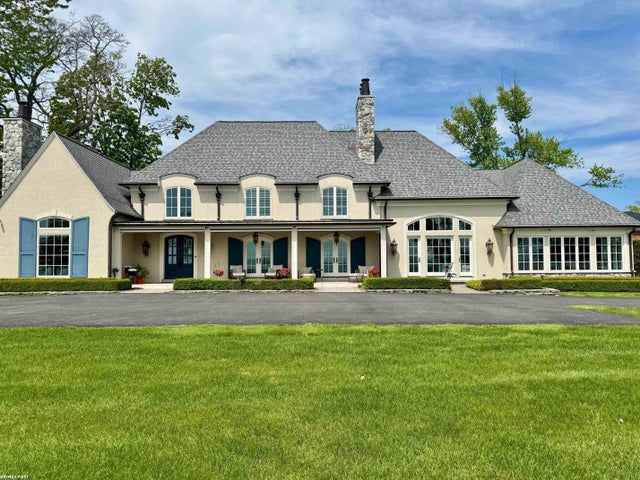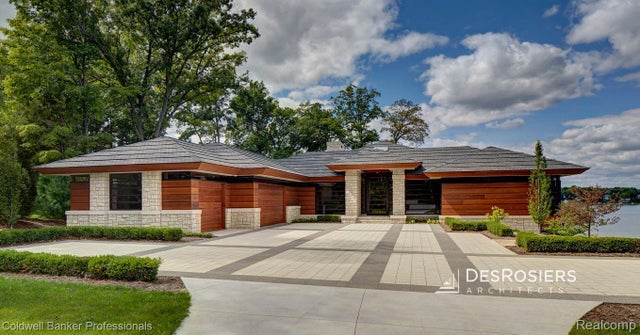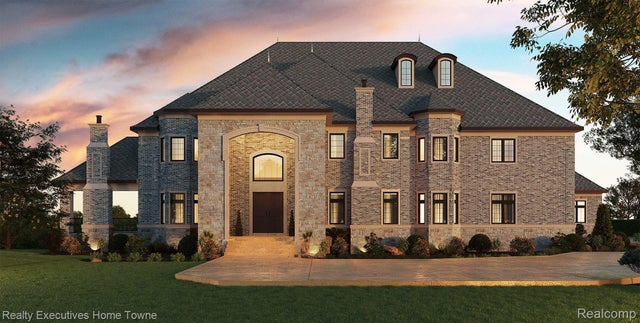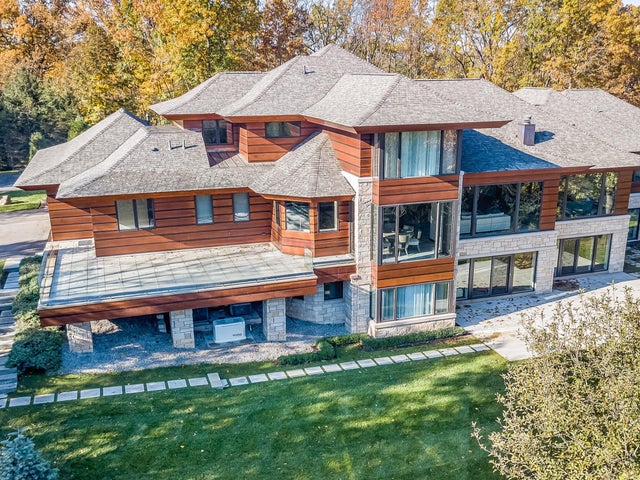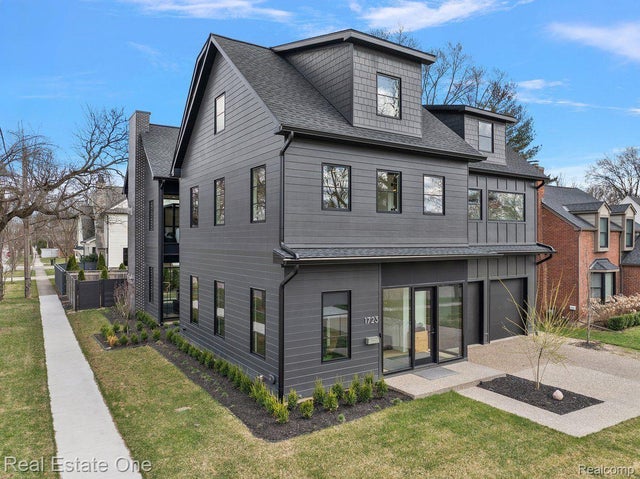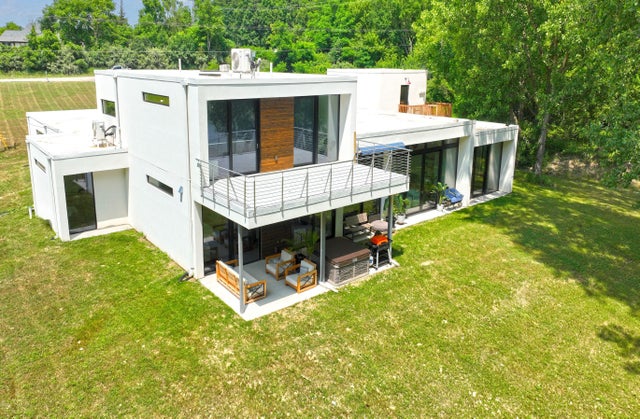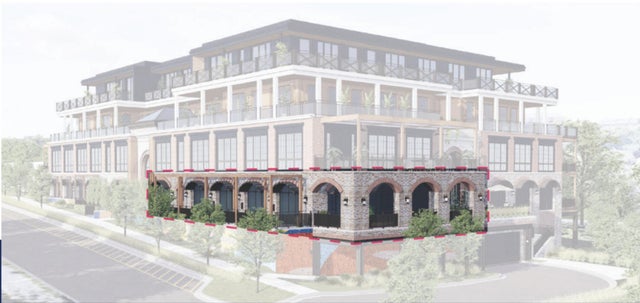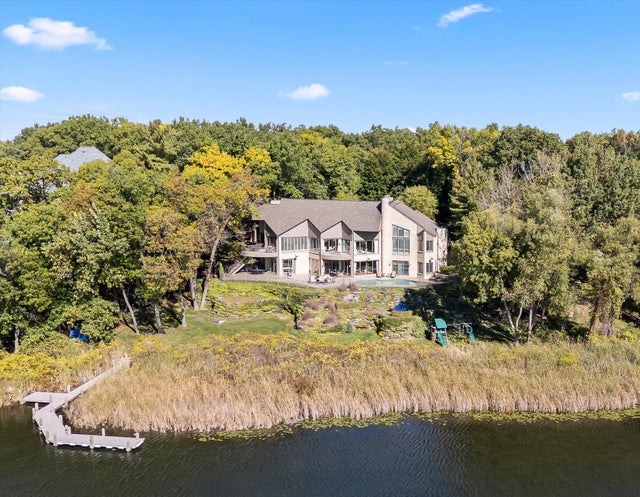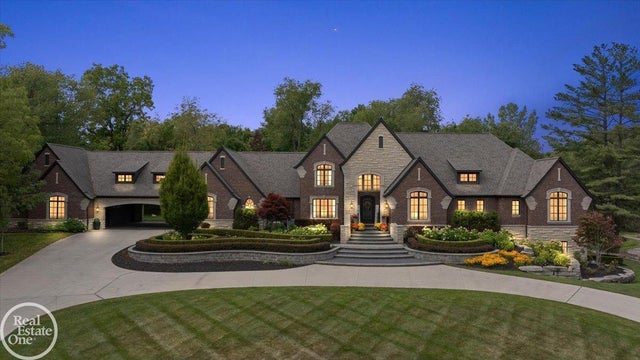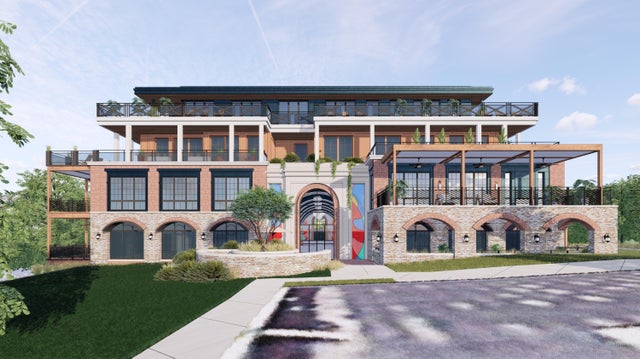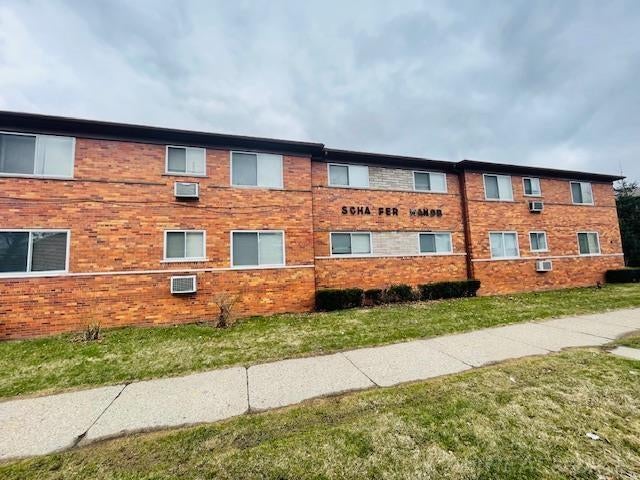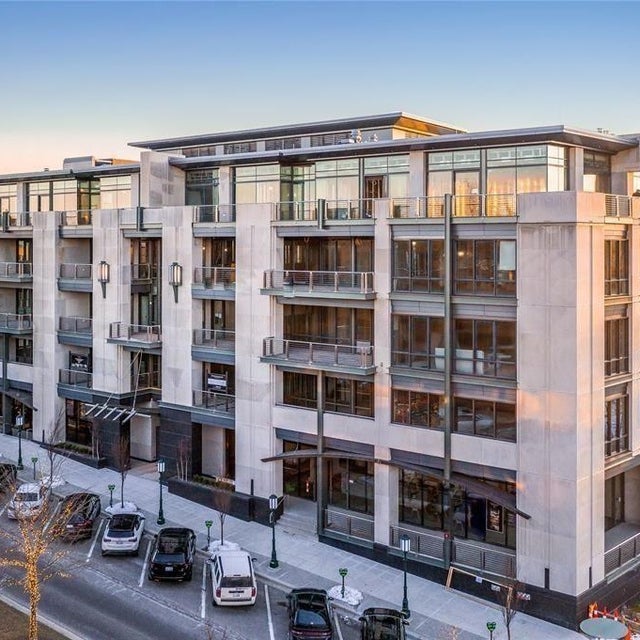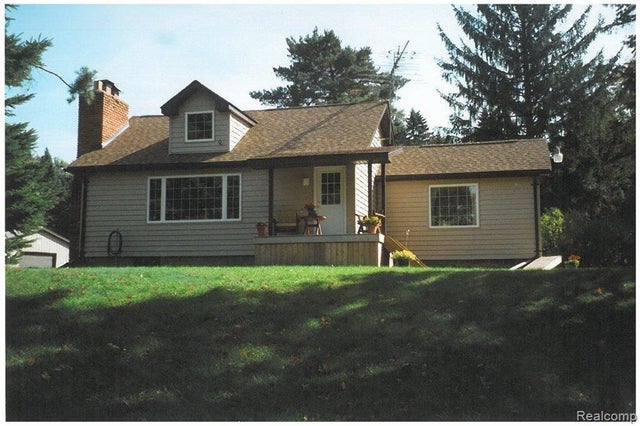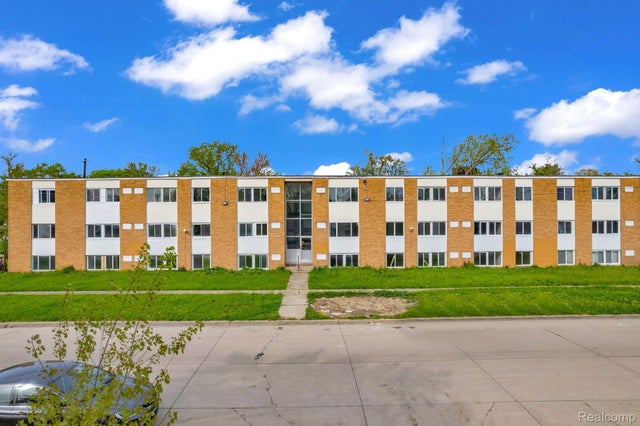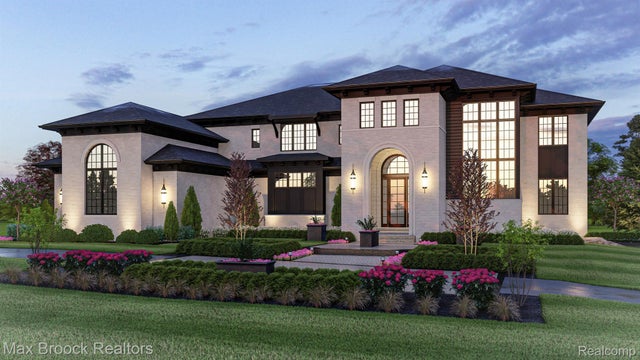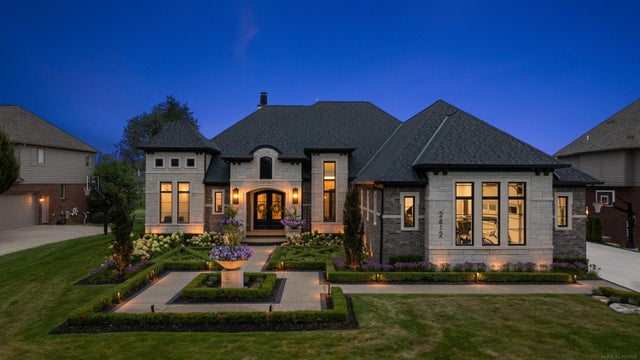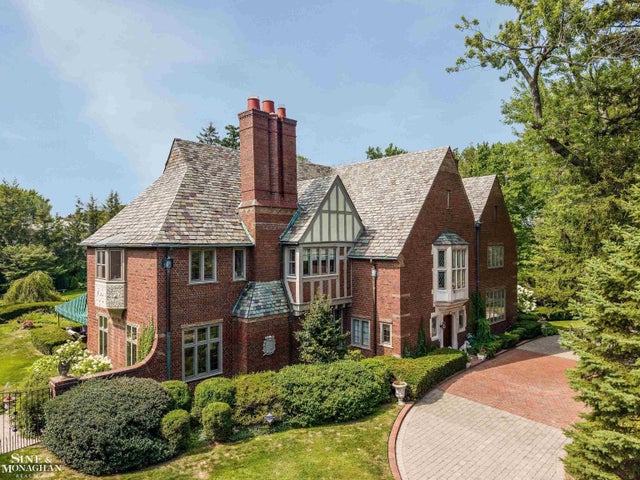Picture this: a respected Metro Detroit doctor finishes a long hospital shift, changes out of scrubs, and then heads straight to a construction site meeting about a new downtown development. It might sound like an unusual career twist, but it’s a trend gaining traction around Metro Detroit. A growing number of physicians, pharmacists, and other healthcare professionals are swapping stethoscopes for blueprints and becoming key players in Metro Detroit’s urban transformation. These unlikely developers are bringing a fresh perspective to real estate – one rooted in problem-solving, community care, and a deep personal investment in the region’s future.

A Trend Emerges: Doctors Turn Developers in Metro Detroit
Metro Detroit’s development scene is no longer populated solely by career real estate moguls and corporate investors. In recent years, several local doctors and medical entrepreneurs have stepped into the role of real estate developers, spearheading ambitious projects across the region. It’s not entirely surprising that high-earning medical professionals often invest in property as a side strategy – real estate can provide steady, passive income. What is surprising is how many are taking a much more hands-on approach, leading multi-million-dollar construction ventures from the ground up.
What drives a busy doctor or pharmacist to take on the challenges of property development? For some, it started as a simple investment hobby that grew with time. For others, a pivotal moment – such as battling a once-in-a-century pandemic or spotting an unmet community need – inspired them to make a change. Many cite parallels between medicine and real estate: careful planning, attention to detail, patience, and a desire to serve people. Trading clinic schedules for construction timelines isn’t easy, but these professionals are proving that the skills that save lives can also revive neighborhoods.
Below are several notable examples of this phenomenon in Metro Detroit. From downtown skyscrapers to suburban mixed-use complexes, these case studies show how medical expertise and entrepreneurial spirit are combining to reshape our communities.
Dr. Mahmoud Al-Hadidi – From Pandemic Frontlines to Renaissance Center Redeveloper
One striking example of a doctor-turned-developer is Dr. Mahmoud Al-Hadidi, a pulmonary and internal medicine specialist who spent nearly three decades caring for patients. During the COVID-19 crisis, Dr. Al-Hadidi was on the frontlines, working exhaustively to save lives in Metro Detroit. After two harrowing years fighting the virus and witnessing its toll on colleagues and friends, he found himself at a crossroads. Burned out and deeply affected by the pandemic, he wasn’t sure if or when he would return to practicing medicine – the vocation that had been his passion since childhood.
Fortunately, Dr. Al-Hadidi had cultivated another passion alongside medicine: commercial real estate investing. Since the mid-1990s, only a few years after he began his medical career, he started buying properties as a financial safety net. What began as a side venture – something he considered more reliable than the stock market – slowly grew into a substantial portfolio. By the late 2000s, he noticed that a few of his real estate investments were actually bringing in more income than his medical practice, and with far less day-to-day effort. The 2008 market crash was a turning point; instead of retreating, he decided to double down and scale up his property investments. It was a way to secure his family’s future while also helping revitalize local communities.
Fast forward to 2023, and Dr. Al-Hadidi made his boldest move yet: purchasing one of downtown Detroit’s iconic Renaissance Center office towers with an eye toward turning it into housing. In the spring of that year, he stunned local real estate circles by acquiring the RenCen’s “600 Tower” at auction for about $9.2 million. The 21-story tower – one of the smaller cylindrical high-rises flanking the RenCen’s main skyscraper – had long been used as offices and was struggling with vacancy. Where others saw risk, Dr. Al-Hadidi saw opportunity and a chance to do something transformative.
For a closer look at the $9.2M tower deal and what this doctor-led team envisions for its future, check out our article
His vision is to convert the upper floors of Tower 600 (from roughly the 13th floor upward) into spacious luxury condominiums, potentially some of the largest downtown residences on the market. Early concepts imagine roughly 20 condo units, each ranging from 3,000 to 4,000 square feet – sizes almost unheard of in typical city apartments. The lower floors would remain as offices for now, preserving some commercial use, while the condos above would offer sweeping views of the Detroit River and city skyline. Importantly, residents would have their own dedicated elevators and entrances, keeping the living spaces secure and separate from the offices below.
This project is a significant gamble for Dr. Al-Hadidi. Unlike his previous investments, the RenCen tower initially comes with negative cash flow – essentially, the building’s expenses outweigh its rental income at the time of purchase. Traditionally, he avoided any property that couldn’t pay for itself from day one. But this time he knowingly made an exception, driven by a gut feeling and a love for the building. The decision is speculative: success depends on executing the conversion smoothly and attracting buyers or tenants for those high-end condos. If it works, the payoff could be huge not just for him but for downtown Detroit, which would gain new residential life in a complex long dominated by offices.
The challenge ahead is steep. Converting offices to homes isn’t simple, and costs can skyrocket beyond initial expectations. In fact, some Detroit development experts have estimated that turning one of the taller 39-story Renaissance Center towers into apartments could run upwards of $500 million – an almost prohibitive price tag that equates to nearly $850 per square foot. Fortunately for Dr. Al-Hadidi, Tower 600 is smaller, and his own rough renovation estimates are far lower (around $100–$150 per square foot). Still, the final budget will easily run into the tens of millions of dollars. Such a project requires major structural changes, new plumbing and electrical systems, and all the amenities luxury condo buyers expect.
Why take such a risk? For Dr. Al-Hadidi, it’s a chance to make a different kind of impact on his community. He’s already spent years saving lives; now he wants to help save an iconic piece of Detroit’s skyline and give it new purpose. If all goes as planned, the project will not only generate profit but also contribute to the ongoing revival of downtown. His transition from healing patients to healing buildings shows how a determined individual can channel their expertise and passion into rejuvenating a city landmark.
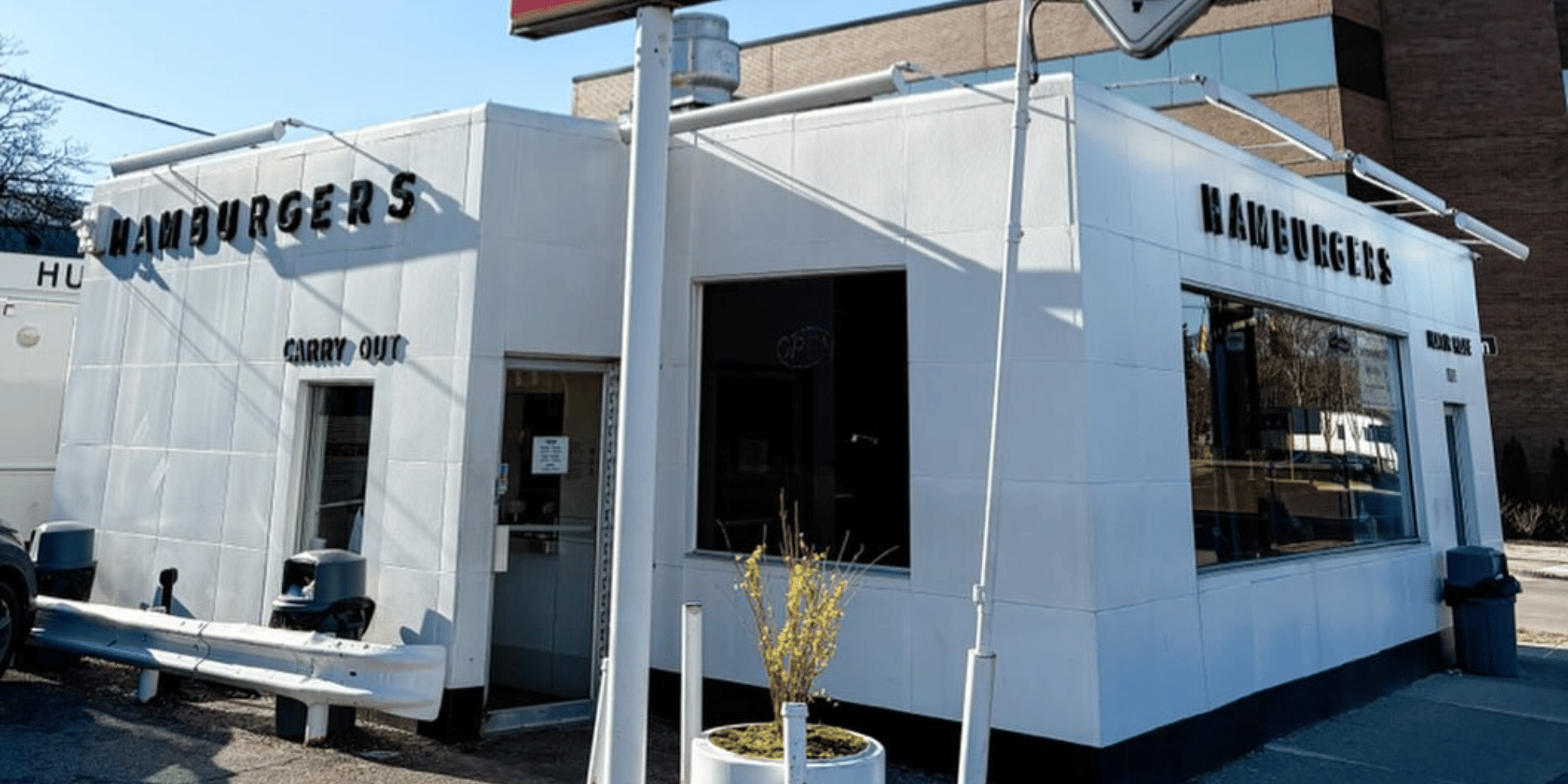 Hunter House Hamburgers, Facebook
Hunter House Hamburgers, Facebook
Dr. Hesham Gayar – A Birmingham Vision Stalled by Decade-Long Challenges
Another medical professional with big real estate ambitions is Dr. Hesham Gayar, a surgeon based in Grand Blanc who set his sights on upscale Birmingham. Dr. Gayar became the owner of a small but strategically located property in downtown Birmingham: the site of the beloved Hunter House Hamburgers. Hunter House – a tiny white cinderblock diner – has been a local fixture for nearly 70 years, serving classic sliders and fries to generations of families. The surrounding cityscape, however, has changed dramatically. Birmingham has transformed over the decades from a quaint suburban town into one of Metro Detroit’s most affluent downtowns, filled with luxury boutiques, mid-rise condos, and fine dining.
Seeing potential in that prime location, Dr. Gayar envisioned a modern multi-story development that would fit the new Birmingham vibe. Around 2013, he proposed tearing down the old one-story Hunter House building and replacing it with a five-story mixed-use structure. Early plans indicated the new building would house an updated space for Hunter House (honoring the diner’s legacy by keeping it as a tenant) on the ground floor, while adding levels of office space or apartments above. It was a plan to blend old and new: preserving a community icon in a brand-new building that could add value to the booming downtown.
However, turning that vision into reality proved far more difficult than Dr. Gayar likely anticipated. What followed was a nearly decade-long saga of legal disputes and planning hurdles. The owners of Hunter House – understandably protective of their family business and its historic home – pushed back hard against the redevelopment. A court battle ensued in Oakland County Circuit Court, with the two sides wrangling over the property’s future for years. In a small city like Birmingham, where residents cherish their nostalgic landmarks, any proposed change can become a hot-button issue, and this project was no exception.
Persistence eventually paid off. By 2023, there were signs that Dr. Gayar’s project might finally move forward. The Birmingham Planning Board approved a final site plan extension, giving his development company one more year to complete construction documents and break ground. This approval came on the heels of what officials described as “final legal agreements” between Dr. Gayar’s team and the Hunter House owners. In other words, the feud was settled – both sides found a way to coexist in the new development plan, with the beloved burger joint slated to return as a tenant in the future building.
Even with legal peace achieved, the project still faces the usual gauntlet of development challenges: securing financing, managing construction costs, and the delicate task of demolishing a community icon only to rebuild it anew. Dr. Gayar’s experience underscores the level of patience and resilience required to be a developer – qualities he no doubt honed as a medical professional dealing with high-stakes surgeries. In medicine, as in real estate, even the best-laid plans can encounter complications, and success often requires adapting to setbacks over many years. If and when his Birmingham project finally comes to life, it will stand as a testament to sticking with a vision through thick and thin.
Mohammad Qazi – Big Dreams in Midtown Detroit Face Real-World Hurdles
Not every doctor-turned-developer finds quick success, and few stories illustrate that better than Mohammad Qazi and his protracted effort to build “The Mid” in Detroit. Qazi isn’t a physician, but a licensed physical therapist by training and an entrepreneur who leads a prominent nursing home company. His foray into real estate development centers on a 3.8-acre piece of land along Woodward Avenue in Midtown, just north of Mack Avenue. Locals might recognize the area by its landmarks: it’s near the popular Whole Foods Market and a stone’s throw from the Detroit Medical Center campus. In the late 2010s, this vacant lot was pegged for one of the most ambitious mixed-use projects Detroit had seen in decades.
Branded The Mid, the development was originally unveiled around 2018–2019 with great fanfare. The vision was grand: a pair of gleaming high-rises, possibly 25 and 30 stories tall, anchoring a complex that would include upscale apartments, condos, a high-end hotel, retail shops, restaurants, parking structures, and even green space. At one point, promotional materials promised a Thompson Hotel (a boutique brand under Hyatt) as part of the plan, signaling a new level of luxury for Midtown. If built, The Mid would significantly alter Detroit’s skyline north of downtown and continue the wave of investment spreading outward from the city center.
However, years passed and the empty land remained untouched – fenced off and sprouting only wild grass. The anticipated construction start of 2019 came and went with little to show. By late 2022, some observers wondered if The Mid would ever happen at all. Then, a glimmer of progress appeared: Qazi’s team submitted scaled-back plans to the city for a single 14- or 15-story building, focusing on the hotel component first. This suggested that rather than tackling the entire mega-project at once, they might try a phased approach – perhaps build the hotel first to attract funding and momentum, then proceed with residential towers later.
Even with a reduced scope, the project has struggled to secure the necessary financing. According to insiders, there was an equity gap – essentially a shortfall of investment – that the developers have been striving to fill through “creative financing solutions.” In large developments, if traditional lenders won’t cover the full cost, developers must get creative, whether by bringing in additional partners, seeking public incentives, or breaking the project into smaller phases. Qazi’s team appeared to be attempting all of the above.
Meanwhile, the long delay has had other consequences. Contractors who began preliminary site work have filed liens – legal claims for unpaid bills – against the property. An excavation contractor says it’s owed roughly $157,000 for work done on the site. The general contractor, a well-regarded firm with a Detroit presence, claims it is due nearly $1.9 million out of a $24 million contract. A window supplier likewise filed a lien for just over $1 million. These filings suggest the project hit cash flow snags: work was started, bills came due, but funds weren’t in place to pay everyone on time.
The development team maintains that they are in “constructive dialogue” with the contractors to resolve these issues, framing the liens as a normal bump in the road rather than a project-killer. They insist that relationships remain intact and that The Mid will move forward once the financial puzzle is solved. Still, after six years of little visible progress, Detroiters have learned to be cautiously optimistic. Qazi’s dream for Midtown remains alive, but its slow progress is a reminder that passion and deep pockets don’t guarantee a smooth journey in real estate. It takes business acumen, timing, and often a bit of luck – ingredients that even a healthcare background doesn’t automatically provide.
Want to see how these projects tie into the bigger picture? Here's a look at the top developments transforming Detroit in 2025.
.png)
Mike Shehadi – A Pharmacist’s Prescription for Revitalization in Dearborn
While some doctor-developers have hit roadblocks, others have found a formula for steady growth in real estate. Mike Shehadi offers a compelling example. Now the CEO of a pharmaceutical company in Farmington Hills, Shehadi actually kick-started his real estate career even before finishing college. In his early twenties, he paused his studies and worked various humble jobs – as a gas station cashier and a restaurant dishwasher – scrimping and saving every dollar he could. With that grit, he managed to purchase a modest townhouse in Dearborn (on Schaefer Road between Ford and Warren). That first property led to another, and another.
Within a few years, Shehadi had acquired roughly half a dozen townhouses, learning the ropes of landlording and property management on a small scale. His big break came when a fellow investor made an offer on the entire batch of properties – a price higher than he’d ever expected. The deal was too good to pass up. Shehadi sold all of the townhouses at once, netting a significant profit, enough to single-handedly pay for his pharmacy school tuition at Wayne State University. In a very real sense, real estate had funded his education in the medical field.
Armed with a Doctor of Pharmacy degree and a business to run, Shehadi didn’t abandon real estate. Instead, he continued to seek out opportunities, especially those that could benefit the community. One of his recent notable moves was purchasing a 37-acre parcel at the corner of Telegraph Road and Ann Arbor Trail. The land was owned by a religious order (the Marianhill Mission Society) and had been mostly unused open space. Shehadi acquired the expanse with a unique vision: converting it into a non-profit Islamic cemetery to serve the community’s needs. This project, while not commercial in the typical sense, underscores his willingness to think beyond profit and address local cultural and social necessities.
But Shehadi’s most ambitious venture to date is unfolding in Dearborn on the site of the former Regent Court office complex. That location once housed a sprawling 660,000-square-foot building that formerly belonged to Ford Motor Co. – by the time Shehadi got involved, it was an empty, outdated husk and something of an eyesore. Seeing potential where others saw blight, he orchestrated the demolition of the old structure, clearing the way for a massive mixed-use development now under construction. The plans are impressive: the project (with an investment north of $150 million) will include at least 134 new residential units and around 250,000 square feet of retail space in its first phase. In addition, six separate four-story buildings are on the drawing board, blending offices, shops, and apartments in a walkable layout. The idea is to create a vibrant “15-minute” style community hub where people can live, work, and play without needing to drive elsewhere.
What’s more, Shehadi is thinking outside the box regarding amenities. He has been in talks with the city about building an indoor sports complex on 16 acres behind the development. The concept is a 150,000-square-foot sports dome that could accommodate soccer, tennis, and other activities year-round – a potential boon for local families and youth leagues. If it comes to fruition, this sports facility would complement the housing and retail components, making the area a real destination in Dearborn.
For Mike Shehadi, the line between pharmacist and developer is blurred by a common skill set: math and problem-solving. He often notes that his scientific education taught him to approach problems creatively. In both pharmacy and real estate, you have to analyze data but also think creatively to find solutions that aren’t immediately obvious. His path illustrates that a mind trained to calculate precise dosages and interpret lab results can also crunch development budgets and design community-centric projects. Financially, his ventures in real estate sometimes even eclipse his pharmaceutical income – though that can vary year to year – which explains why he dedicates significant time and energy to both pursuits.
Dr. Margaret Poscher – A Second Act in Ann Arbor’s Development Scene
The journey of Dr. Margaret Poscher highlights how a medical professional’s career can evolve in unexpected directions. An Oakland County native raised in Oak Park, Dr. Poscher began her medical career just as the HIV/AIDS epidemic was raging in the 1980s. After earning her M.D. at Wayne State University, she moved to San Francisco, where she spent years as a physician on the front lines of the AIDS crisis. That intense experience – requiring compassion, stamina, and critical thinking under pressure – defined the first part of her working life.
Interestingly, Dr. Poscher always had an eye for design and buildings (she was an avid reader of Architectural Digest), but it wasn’t until the early 2000s that she dipped her toes into real estate. In 2003, a friend in San Francisco invited her to consult on some development projects. She became involved in various aspects over about five years, learning the ins and outs of project management: navigating city approval processes, assembling financing, and coordinating architects and contractors. In doing so, she discovered that many of the skills she used in medicine were quite transferable. Attention to detail, organization, and the ability to coordinate teams of specialists are crucial whether you’re running a clinic or building a complex.
After gaining that real estate experience, Dr. Poscher returned full-time to medicine in 2009, focusing on internal medicine and geriatrics. She built a successful practice and might have stayed strictly in the medical lane if not for a personal turn of events: she met and married her wife, an Ann Arbor native and University of Michigan alumna. The couple started buying a few rental properties in Michigan, partly as a way for Dr. Poscher to stay connected to her home region. Over time, those investments grew. By 2020, they owned enough properties in Ann Arbor that managing them from across the country became impractical. So Dr. Poscher and her wife made the decision to relocate from California back to Southeast Michigan, settling in Ann Arbor.
Now, Dr. Poscher is poised to undertake one of Michigan’s most innovative new developments – a project called Southtown on Ann Arbor’s south side. This estimated $120 million mixed-use development (plus an additional $30 million for an on-site renewable energy microgrid) aims to bring 329 new apartments to the area, along with retail and community spaces. What makes Southtown particularly special is its construction approach: it’s slated to be the state’s largest mass timber project. Mass timber buildings use engineered wood products for their structural system – a sustainable alternative to steel and concrete that can reduce construction time and carbon footprint. The technique has been praised for its environmental benefits and aesthetic appeal, and Dr. Poscher is helping to bring it to the forefront in Michigan.
The Southtown site is just south of the University of Michigan’s athletic campus and east of the UM Golf Course, in a neighborhood that had been dotted with older single-family houses and low-rise apartments. Over the years, Dr. Poscher quietly acquired many of those aging properties, eventually assembling enough land for a cohesive redevelopment. Some local residents were initially surprised to learn that a physician was behind the project, but those who know her understand that it combines two of her core values: improving lives and innovating for the future. In her view, building thoughtfully designed housing and sustainable infrastructure is another way of caring for people – it’s about creating an environment where others can thrive.
Dr. Poscher’s dual background in medicine and real estate reinforces the notion that critical thinking and compassion are valuable in both fields. Whether it’s diagnosing a patient or evaluating a site plan, success lies in the details and in understanding the human impact of every decision. As her Southtown project moves through planning and approvals, she remains deeply involved, applying the same dedication she once showed in the clinic, now to community development.
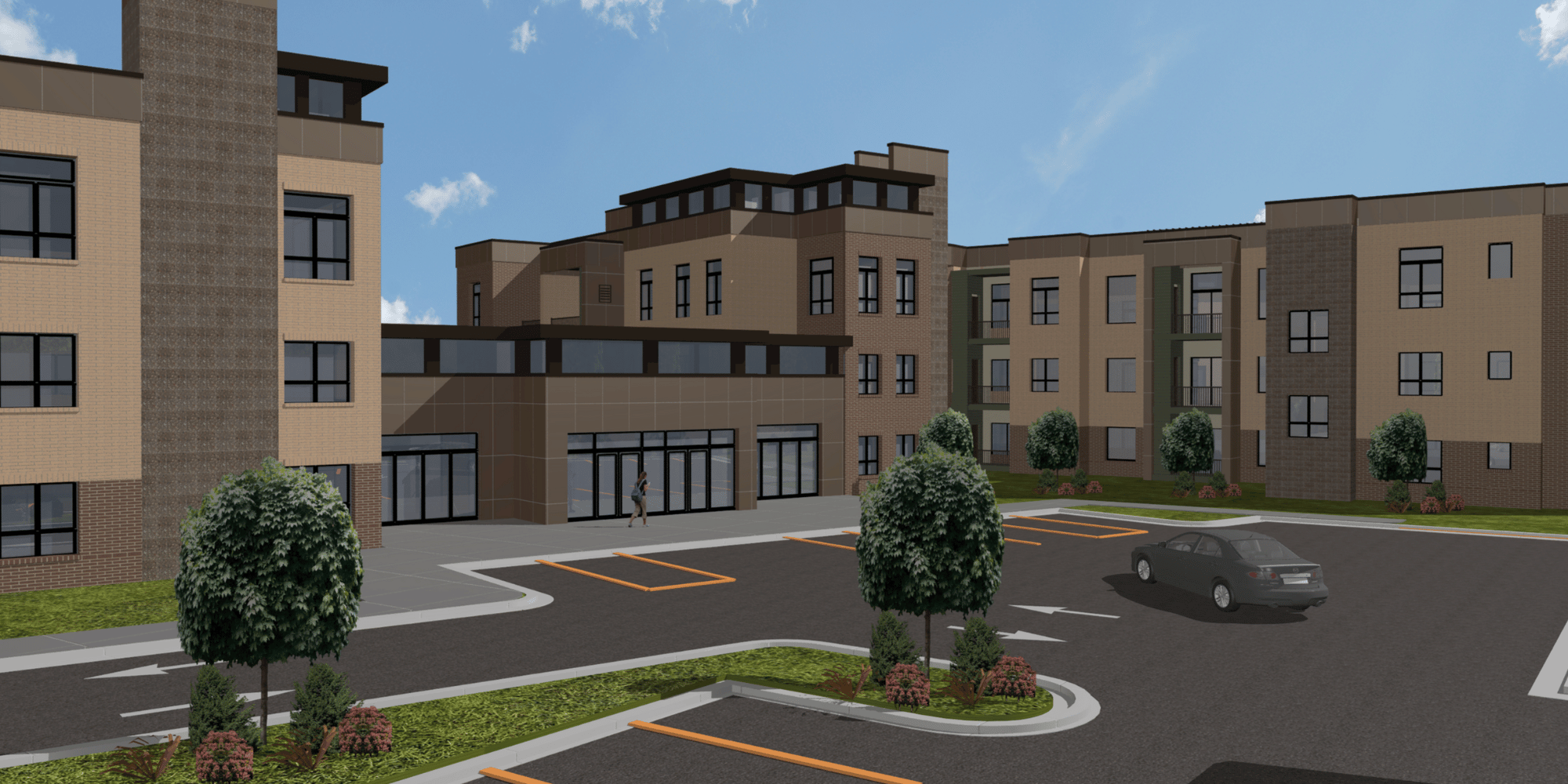 W Investors Group, website
W Investors Group, website
Dr. Ammar Alkhafaji – Balancing Medicine and a Family Real Estate Legacy
Some healthcare professionals-turned-developers come from families already rooted in real estate. Dr. Ammar Alkhafaji is a prime example of someone straddling two worlds – practically since childhood. Dr. Alkhafaji’s father, Shakir, immigrated from Iraq to Michigan in the mid-1970s and built a successful real estate company called The W Investors Group in Farmington Hills. Growing up, young Ammar accompanied his father to construction sites as early as age 10, absorbing the business of development from the ground up. It was almost inevitable that he’d develop a passion for buildings and investments.
Yet Ammar also felt a calling to medicine. He pursued his medical degree and by his mid-20s was well on his way to becoming an internal medicine physician. Remarkably, around the same time, his father entrusted him with a leadership role in the family business. In 2018, while still in his twenties, Dr. Ammar Alkhafaji was named a principal of The W Investors Group, which by then had amassed a portfolio of over 1 million square feet of commercial property (with another 500,000 square feet in the pipeline). In other words, while many young doctors were just trying to survive residency, Ammar was already helping steer a real estate enterprise – a testament to the confidence his father had in him and the energy he brought to both careers.
Today, Dr. Alkhafaji maintains a delicate balancing act. He devotes roughly half of each week to medicine – seeing patients at clinics in Livonia, Garden City and Waterford Township – and the other half to managing and expanding the real estate business. He often says that switching between the two roles keeps him motivated and prevents burnout; the variety keeps things fresh. Interestingly, he also notes that the majority of his income now comes from the real estate side, though his passion for medicine keeps him practicing part-time. It’s a rare arrangement, but it works for him.
Under Dr. Alkhafaji’s joint leadership, The W Investors Group has launched several notable projects around Michigan:
- In Waterford Township, they are building Teal Island, a 120-unit apartment community at the corner of Hospital Road and Pontiac Lake Road, not far from a major medical center.
- In Swartz Creek (near Flint), the company has proposed a 276-unit residential development, strategically located near the site of a proposed semiconductor manufacturing plant. If that high-tech factory comes to the area, housing demand will likely surge – and Dr. Alkhafaji’s team aims to be ready to meet it.
- In Farmington Hills, they’ve ventured into retail development by planning one of Metro Detroit’s first Sheetz gas and convenience stores at Grand River Avenue and Middlebelt Road. (Sheetz, a popular mid-Atlantic chain, is finally making its way into Michigan, and locals are curious to welcome this 24/7 café-style gas station.)
- In Midland, the company is expanding an existing townhome complex by adding 150 new units in a multi-phase project, effectively tripling the size of that residential community.
- Near Lansing, in Okemos, they’re working on a mixed-use project that will include self-storage facilities alongside new retail storefronts.
- Closer to home, they continue to develop and lease out medical office buildings, often finding synergy between Ammar’s healthcare connections and his real estate ventures (for example, filling a new office building with physician tenants he knows from his medical network).
Managing such a diverse portfolio requires exactly the skills one learns in medicine: meticulous planning, the ability to coordinate multidisciplinary teams, and making decisions based on both data and intuition. Dr. Alkhafaji points out that treating patients is rarely about instant gratification – you diagnose, prescribe a treatment plan, and often wait weeks or months to see results. Similarly, real estate projects can take years from concept to completion, demanding long-term vision and patience. Both roles also rely heavily on building trust and rapport with people. In the clinic, he earns a patient’s confidence; in development, he needs to gain the trust of business partners, city officials, and community members. His dual career shows that an entrepreneurial spirit can thrive in any field – or even in two fields at once.
Why Medical Professionals Are Investing in Community Development
Each of these stories is unique, but common threads run through them. Medical professionals often have the financial means to invest, thanks to years of training and well-paying careers. But more than that, they have a temperament that can serve them well in real estate. Years in healthcare teach one how to research and plan carefully (you wouldn’t perform a surgery or prescribe treatment without thorough preparation) and how to stay calm when complications arise. Those same traits are invaluable when navigating zoning boards, financing hurdles, or construction setbacks.
Another factor is the desire for tangible, lasting impact. Doctors and healthcare workers help individuals in very direct ways; however, many find it appealing to also help whole communities. Developing a new apartment building, reviving a blighted block, or bringing a useful business to a neighborhood can feel like an extension of their caregiving instinct – it’s about improving quality of life on a broader scale. Several of Metro Detroit’s doctor-developers have noted that they see this work as a way to do good: whether it’s providing much-needed housing (as Dr. Poscher aims to do), preserving a local cultural touchstone (as Dr. Gayar did with Hunter House), or creating places for families to play and shop (as Mike Shehadi is doing in Dearborn).
Of course, it doesn’t hurt that real estate can be profitable. There’s a clear financial motive too – building wealth for their families and diversifying beyond their medical income. Investments in property often grow over time, and these professionals recognize the opportunity to leverage their earnings into something that can pay dividends long after they hang up the white coat. Some, like Dr. Al-Hadidi and Mike Shehadi, have even reached a point where their real estate ventures are as lucrative as (or more than) their primary careers. That financial success gives them the flexibility to pursue projects they’re passionate about, rather than sticking to medicine out of economic necessity.
Crucially, those who dive into development head-first tend to have an entrepreneurial spark. Plenty of doctors invest passively in real estate through partnerships or trusts, content to collect returns without getting their hands dirty. The individuals we’ve highlighted took it a step further: they engage actively, learn the business, and apply their own vision to projects. That involvement can give them an edge. They bring fresh ideas from outside the traditional real estate playbook and often carry a built-in network of contacts. For instance, a doctor who wants to build a medical office or senior living facility already understands the needs of patients and providers, and likely knows colleagues who’d become tenants or investors. A pharmacist like Mike Shehadi understands how a community uses services, informing what retail or amenities might be successful in a development.
Finally, the credibility and respect commanded by the title “Doctor” can be a benefit when dealing with local communities or officials. It might be easier for a neighborhood group to trust the intentions of the local physician they know rather than an out-of-town developer with no ties to the area. Being a known quantity – having roots in the community – can smooth some of the friction that development proposals often face. In Metro Detroit, where community pride runs deep, this sense of trust and familiarity can go a long way in building support for a project.
The financial logic behind these investments aligns with Michigan’s broader outlook. Here's what to know about the state’s 2025 economic forecast.
.png)
A Local Transformation Powered by Unlikely Leaders
Metro Detroit’s urban landscape is evolving, and it’s not just the usual big-name developers at the helm. These physicians and medical entrepreneurs-turned-builders illustrate that the drive to improve our region can come from any quarter. They are blending business savvy with a healer’s touch. In doing so, they’re creating jobs, revitalizing landmarks, and offering new places to live and play – all while maintaining the compassionate outlook of people who have spent their lives serving others.
For local residents, this trend brings a new dimension to community growth. When the person leading a development has actually lived and worked in the community in other capacities, there’s an added assurance that they understand local values and needs. We’re seeing projects that honor local history (like keeping a historic burger diner’s legacy alive) and incorporate community-minded features (like parks, sports facilities, or sustainable design). This kind of thoughtful development can enhance neighborhoods in a way that purely profit-driven projects might not.
It also inspires a wider lesson: innovation in Metro Detroit’s growth can come from unexpected places. If doctors and pharmacists can successfully take on real estate, who’s to say what other skilled professionals might bring their expertise to bear on our region’s challenges? Engineers, teachers, artists – the future of Metro Detroit might well be shaped by a diverse coalition of people who simply care about making their hometown better.
Embracing Unlikely Leadership & Looking Ahead
The rise of doctor-developers in Metro Detroit is a reminder that passion and expertise are transferable. Leadership isn’t confined to one field. A talented individual with heart and vision can pivot to make a difference in new ways – whether that’s a surgeon reimagining a city block or a pharmacist rebuilding a neighborhood hub. As these projects come to fruition, they stand as proof that our region’s revival is truly a community effort, one that draws on the strengths of many kinds of people.
For readers and Metro Detroit locals, there’s plenty to be excited about. Keep an eye on downtown, where an old office tower might soon house luxury condos and new residents. Swing by Dearborn in the coming years to see a former corporate site blossoming into a mixed-use village – maybe even watch a soccer game in a new indoor dome. If you find yourself in Ann Arbor, drive past the south side to glimpse what could be the future of eco-friendly construction taking shape under Dr. Poscher’s guidance. These developments will be changing the landscape and perhaps even property values in their areas, opening up opportunities for businesses and new housing options for families.
So here’s to the local healers, builders, and visionaries working side by side – and here’s to the continued growth and vitality of Metro Detroit.
Ready to learn more about these transformations or explore your own Metro Detroit real estate opportunities? Connect with a local real estate expert who knows the region inside and out. Whether you’re looking for your family’s next home, curious about investing in property, or just eager to be part of Detroit’s ongoing revival, having a knowledgeable guide makes all the difference. Reach out today – the future of our neighborhoods is being built right now, and you can be a part of it.
DON'T KEEP US A SECRET - SHARE WITH A FRIEND OR ON SOCIAL MEDIA!
THINKING OF MOVING TO Metro Detroit, OR LOOKING TO RELOCATE IN THE AREA? VIEW A LIST OF CURRENT HOMES FOR SALE BELOW.
Metro Detroit Homes for Sale
The Perna Team and Michael Perna are the best real estate agents in Metro Detroit and Ann Arbor. The Perna Team and Michael Perna have been hired as a real estate agent by hundreds of home owners to sell their homes in Metro Detroit and Ann Arbor.
Michael Perna and The Perna Team sold our home in Royal Oak and helped us buy our new home in Troy. Mike was fantastic, always answering our calls and texts quickly and keeping us informed at every step. His negotiation skills got us a great deal when selling our home, and his connections made a huge difference in having our offer accepted in Troy. We never felt rushed or pressured, and Mike genuinely cared about finding the right home for us. If you need an agent to buy or sell your home in Metro Detroit, Michael Perna is the one you want.



